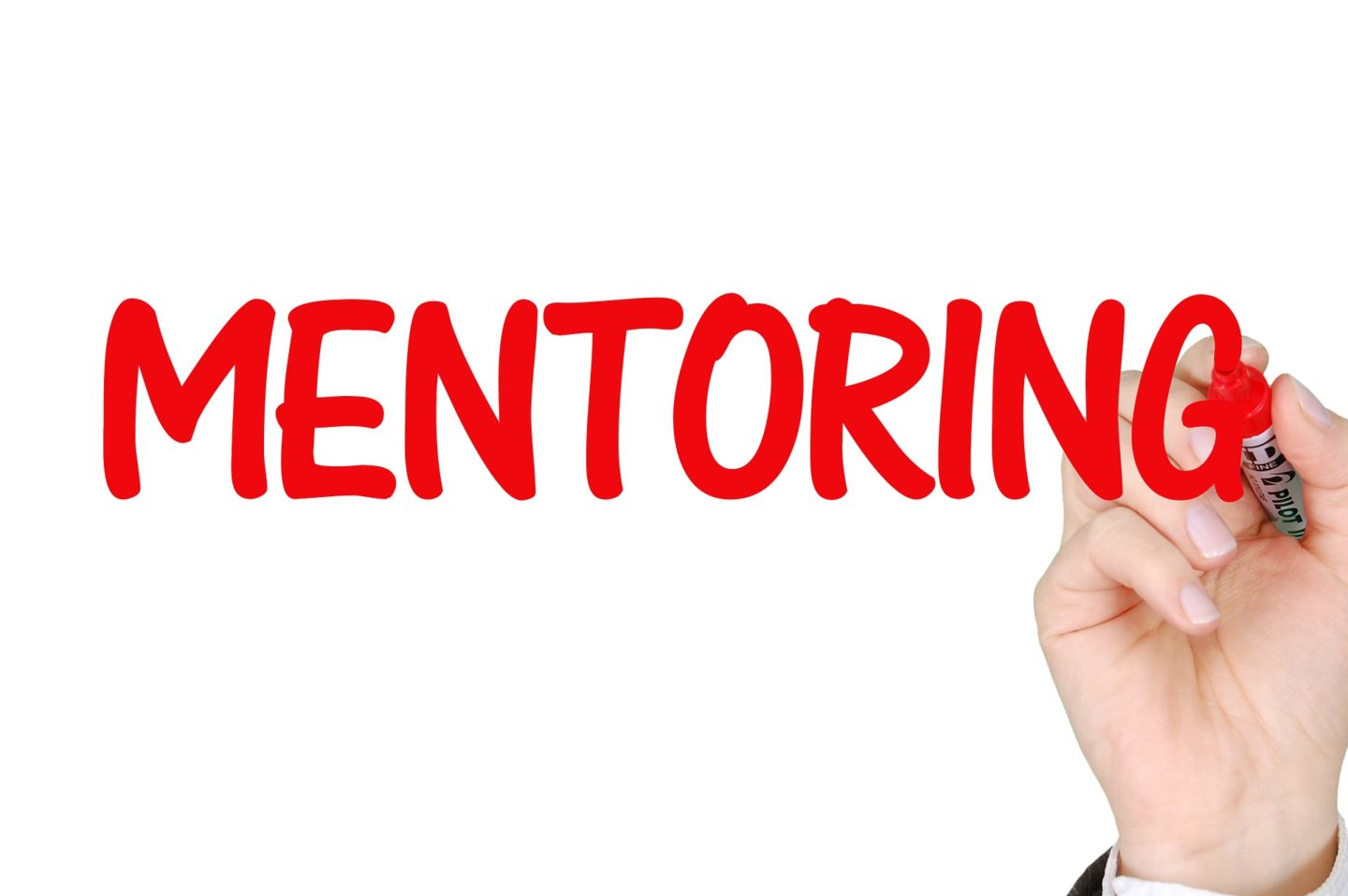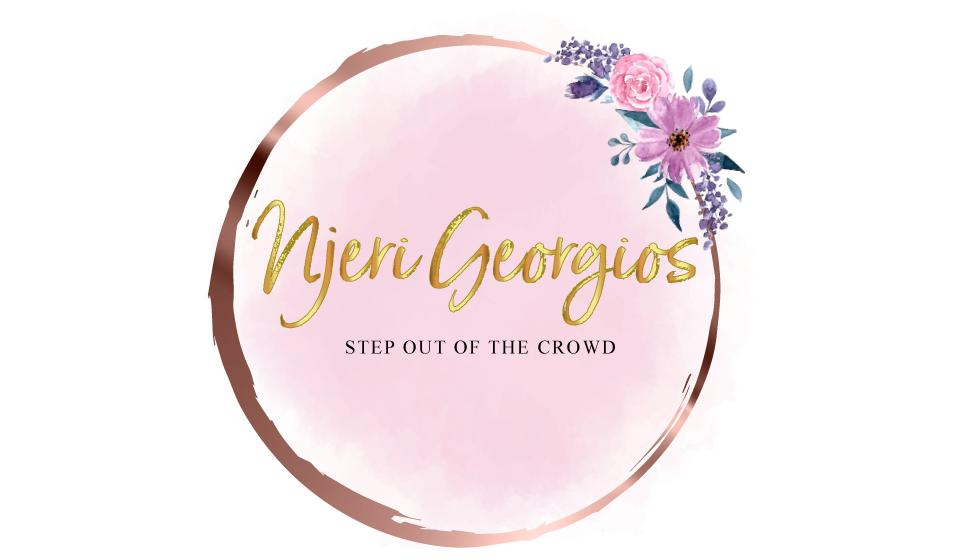ROLE AND IMPORTANCE OF A MENTOR

One of the primary keys to success in life and business is knowledge, that is, intangible intellectual assets. Society has long developed a model of transmission knowledge through mentoring. A more experienced representative transfers the knowledge accumulated by him/her to another individual.
A mentor helps you grow in your careers, build strong relationships with others, and get satisfaction from your life. In this article, I figure out how mentoring works, the three C’s of Mentorship, and a mentor’s importance. So let’s discuss them in detail:
WHO IS A MENTOR,
AND WHY IS HE/SHE NEEDED ?

A mentor is an experienced professional and a source of knowledge. He/she helps to substantiate the idea with numbers, draw up a development plan for the company, and share familiar investors’ contacts.
The mentor looks at the situation “from above,” involves the ward in work, and motivates to move forward by personal example. He/she does not give precise solutions and does not solve problems for mentees, but creates conditions in which the mentee will succeed.
According to a study by Endeavor, 30% of successful New York business startups had mentors. The founders with the highest business scores were trained by other businessmen. Moreover, entrepreneurs around the world use this mentoring model. After Jobs’ death, Mark Zuckerberg noted that the Apple founder was an invaluable mentor. Dropbox creators Drew Houston and Arash Ferdowsi are mentored by the successful Silicon Valley serial entrepreneurs Ali and Hadi Partovi.
Mentors support more than just entrepreneurs. Experienced mentors help break old habits, introduce new ones, solve family problems, build a team, and launch projects.
Three C’s of Mentorship

The mentor builds long-term relationships to support the development of the individual and help solve current problems. It focuses on overall human progress. The mentor plays three important roles:
1. CONSULTANT
He/she helps the mentee to achieve specific professional or life goals. He/she advises, organizes the process, and shares the experience. For example, an employee of a company seeks help from a coach to become a department head. The coach will work with current behaviors, habits, knowledge, and skills to lead the department.
2. COUNSELOR
He/she develops specific skills with positive results. The counselor works according to a pre-prepared counseling program that responds to the audience’s request. For example, the company’s marketers cannot come up with new ways to promote. A counselor will teach you how to generate ideas using creative techniques and show you what to do with them next.
3. CHEERLEADER
The leader’s task is to lead the participants to a solution to the problem, based on their personalities and work style. The cheerleader guides the audience through the process, picking up the right tools during the session and guides them to a solution. In addition to all of the constructive feedback and advice that a mentor can give, they should also provide support.
Throughout my life, I believed that mentors/motivational speakers/life coaches are just idle people who keep on talking all the time. What do they know? Why would they care about my miser life? I got the answers when I became one myself. Sometimes I imagine how comfortable it would have been for me if I had a mentor to talk to, a life coach to guide me and support me through all my miseries. I want nobody to experience the same hardships that I have had in my life. That is the biggest motivation behind becoming a mentor/life coach/motivational speaker for me in the first place.
Keep visiting for more posts!
Read more:
https://njerigeorgios.com/category/style/my-identity/
https://njerigeorgios.com/category/about-me/about-me-about-me/
https://njerigeorgios.com/category/wellness/relationship/

Very educative.
Keep up with the good work of impacting knowledge to us.